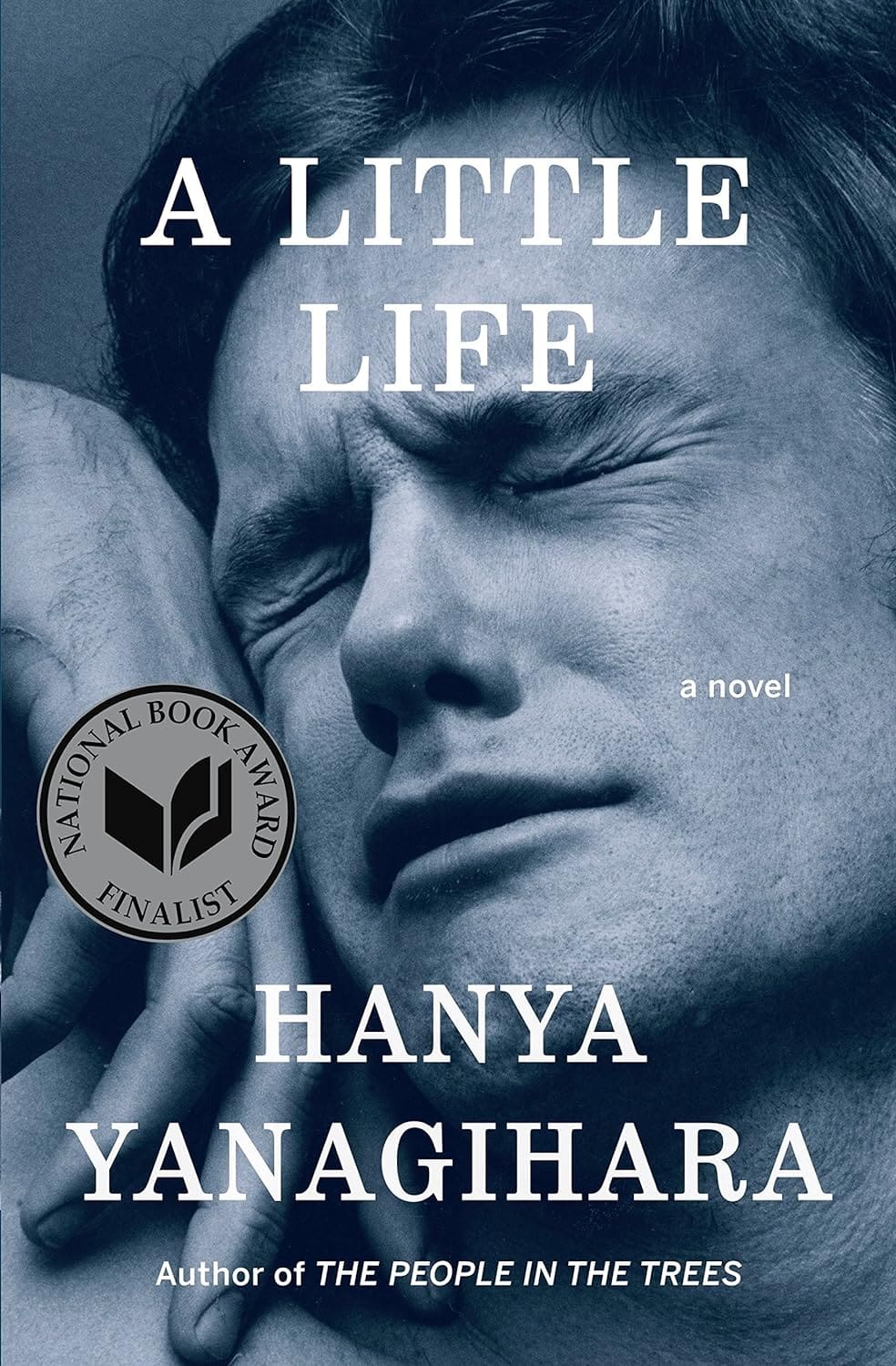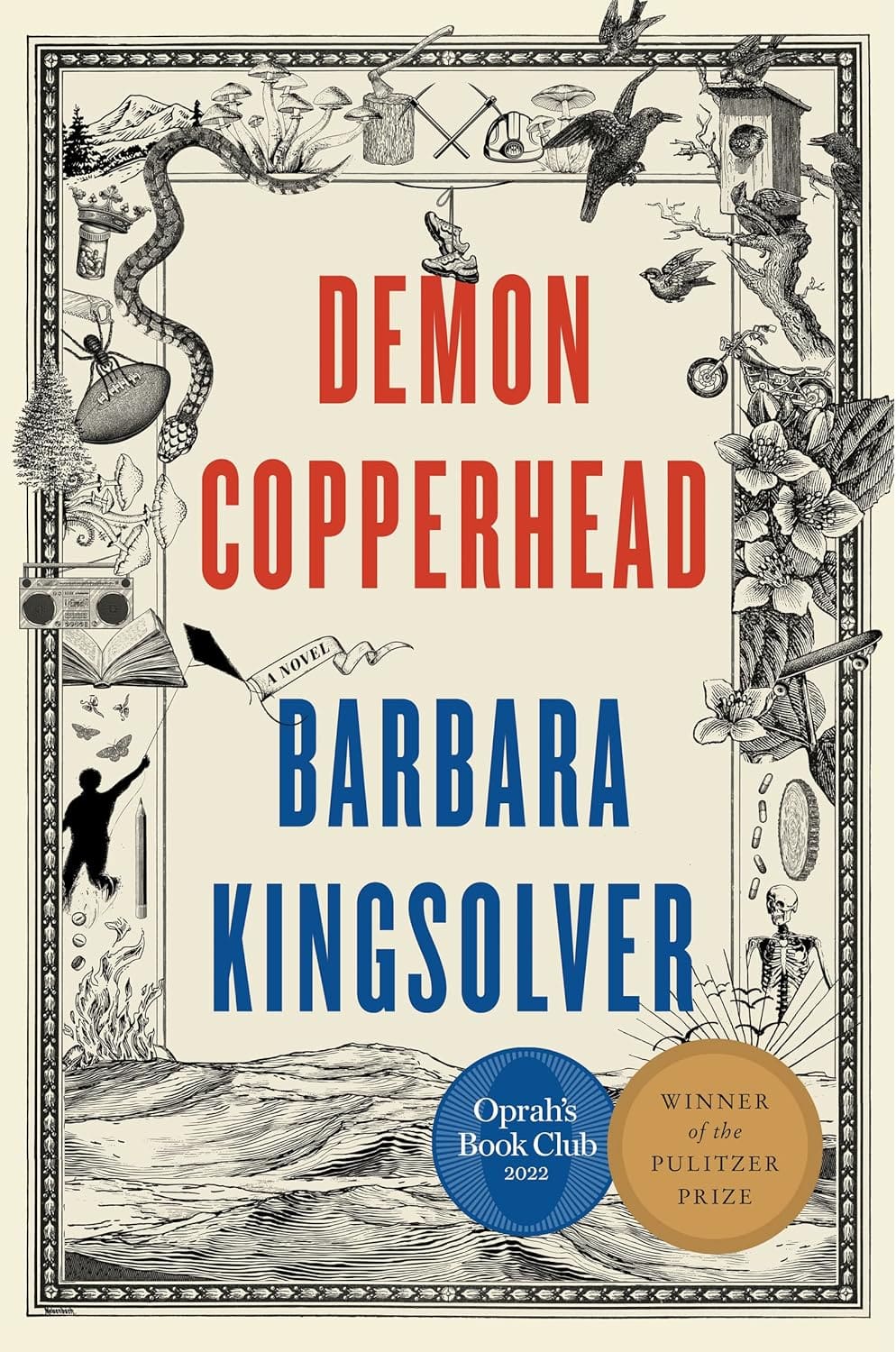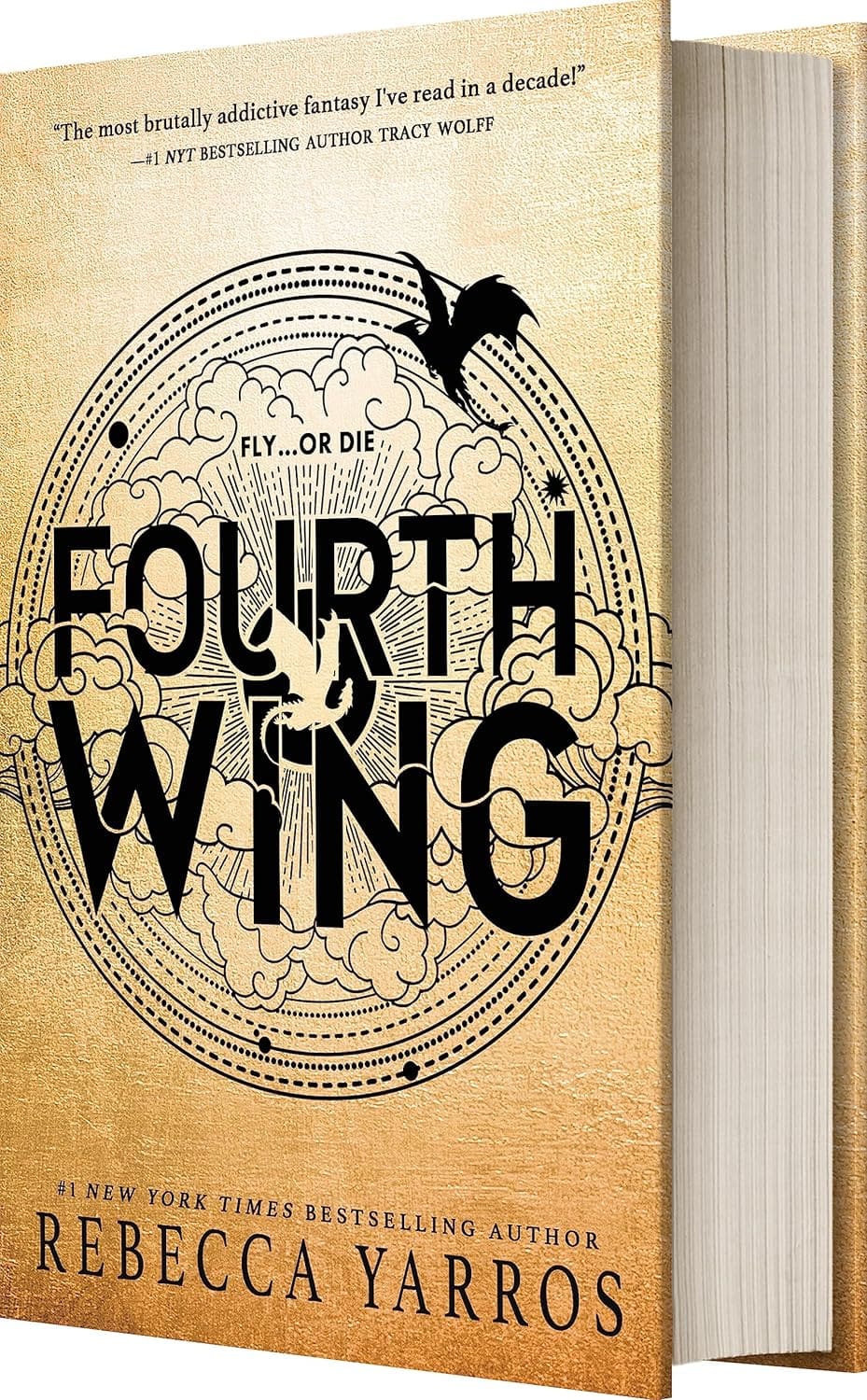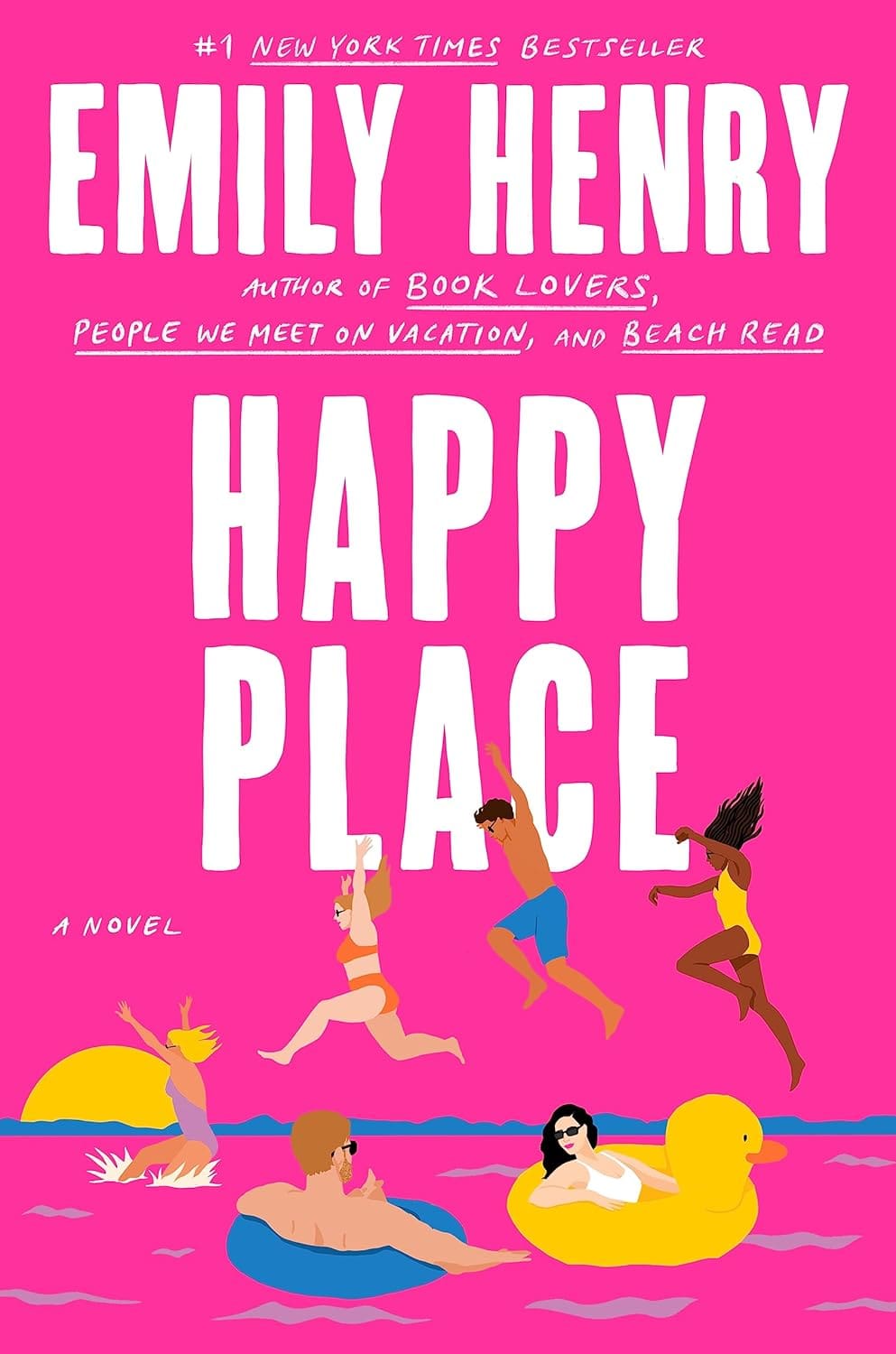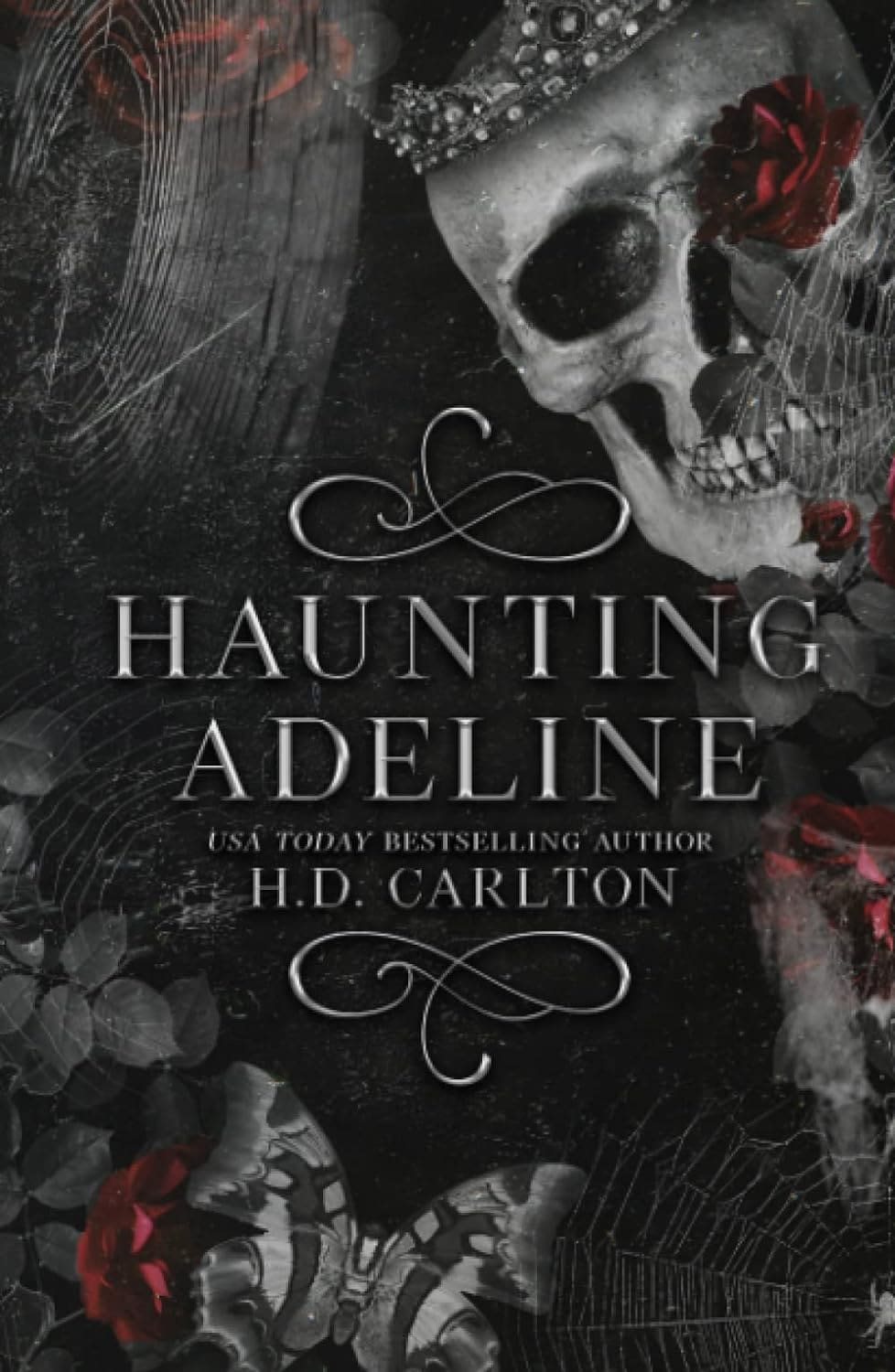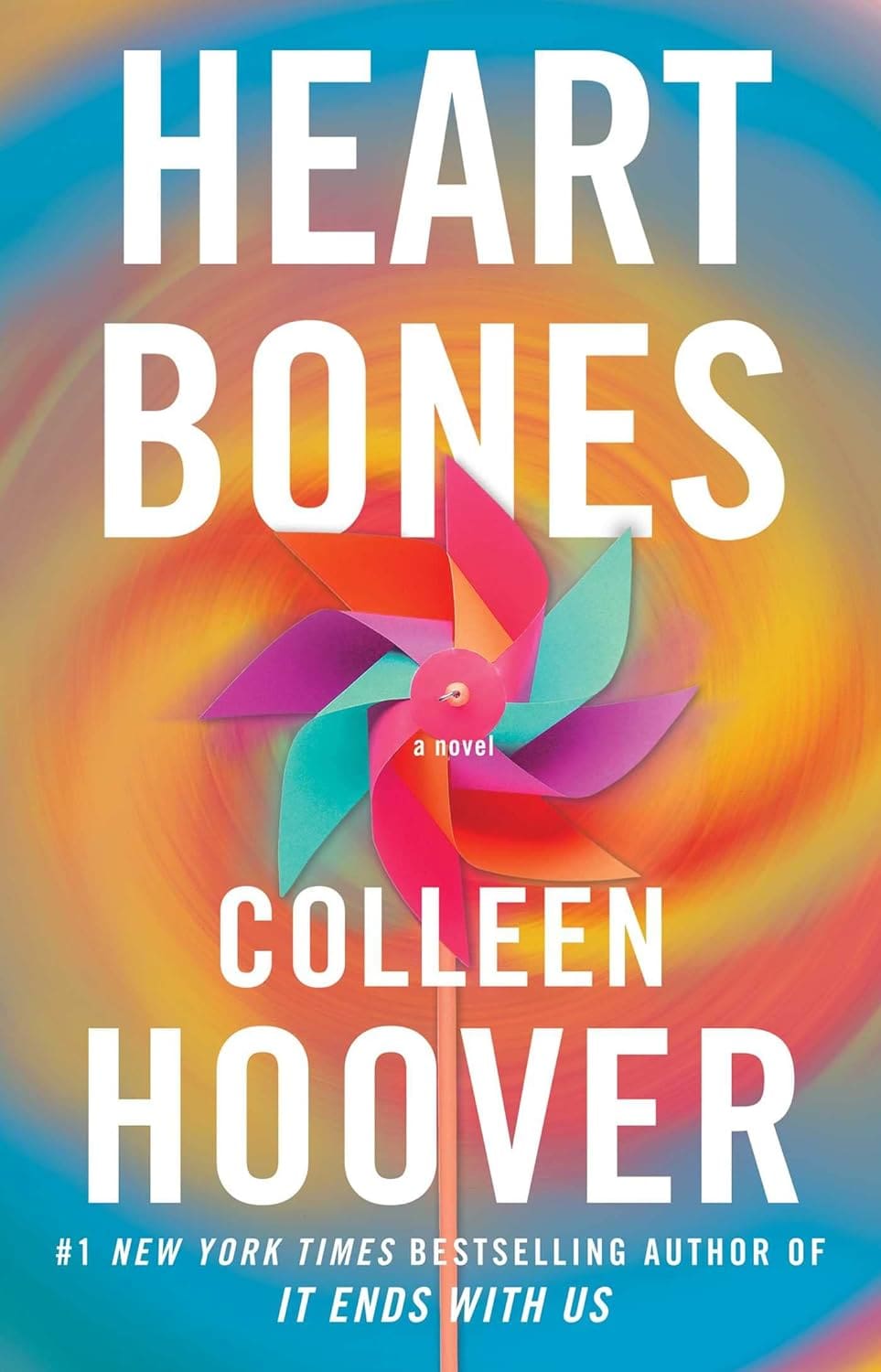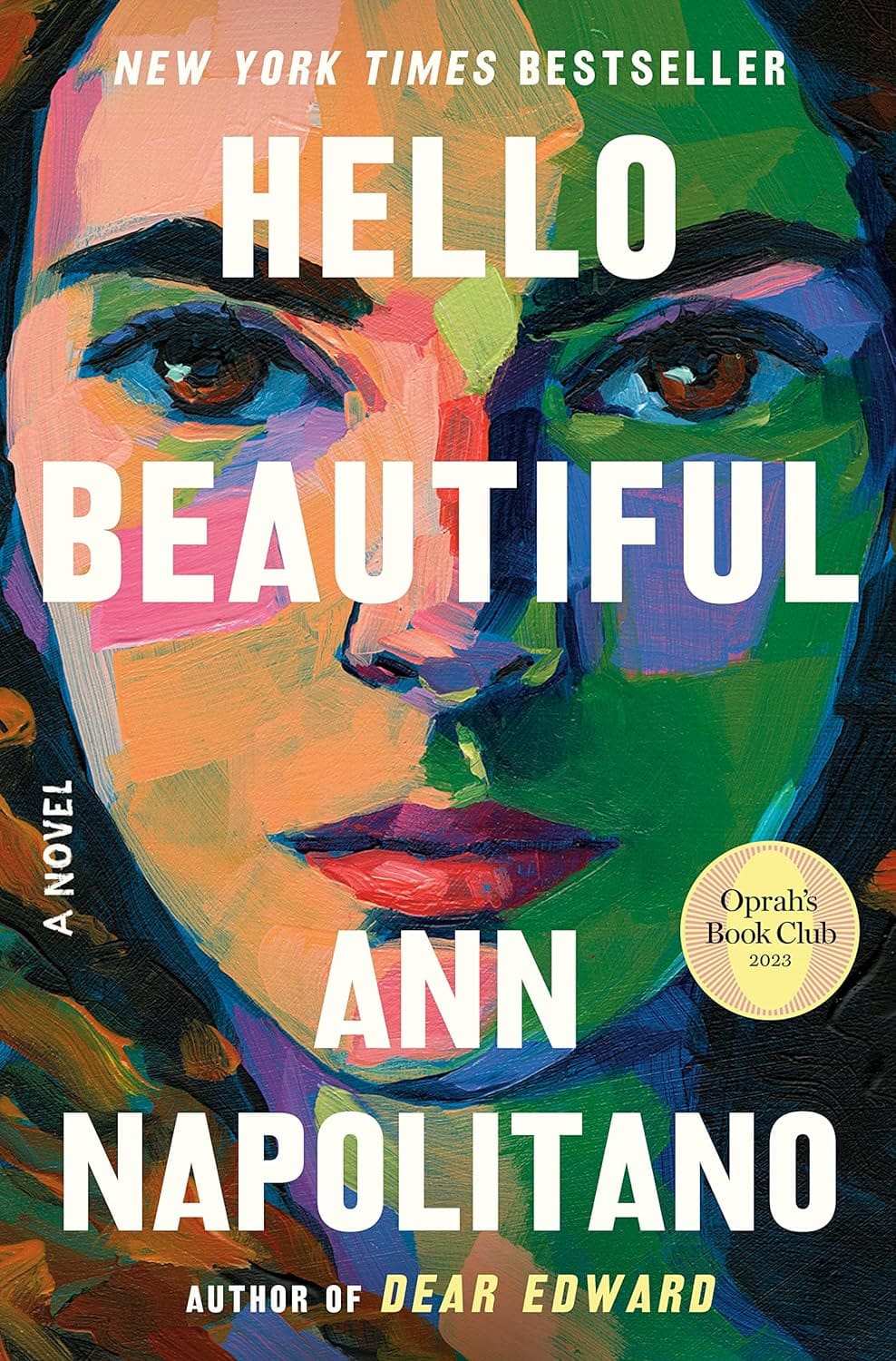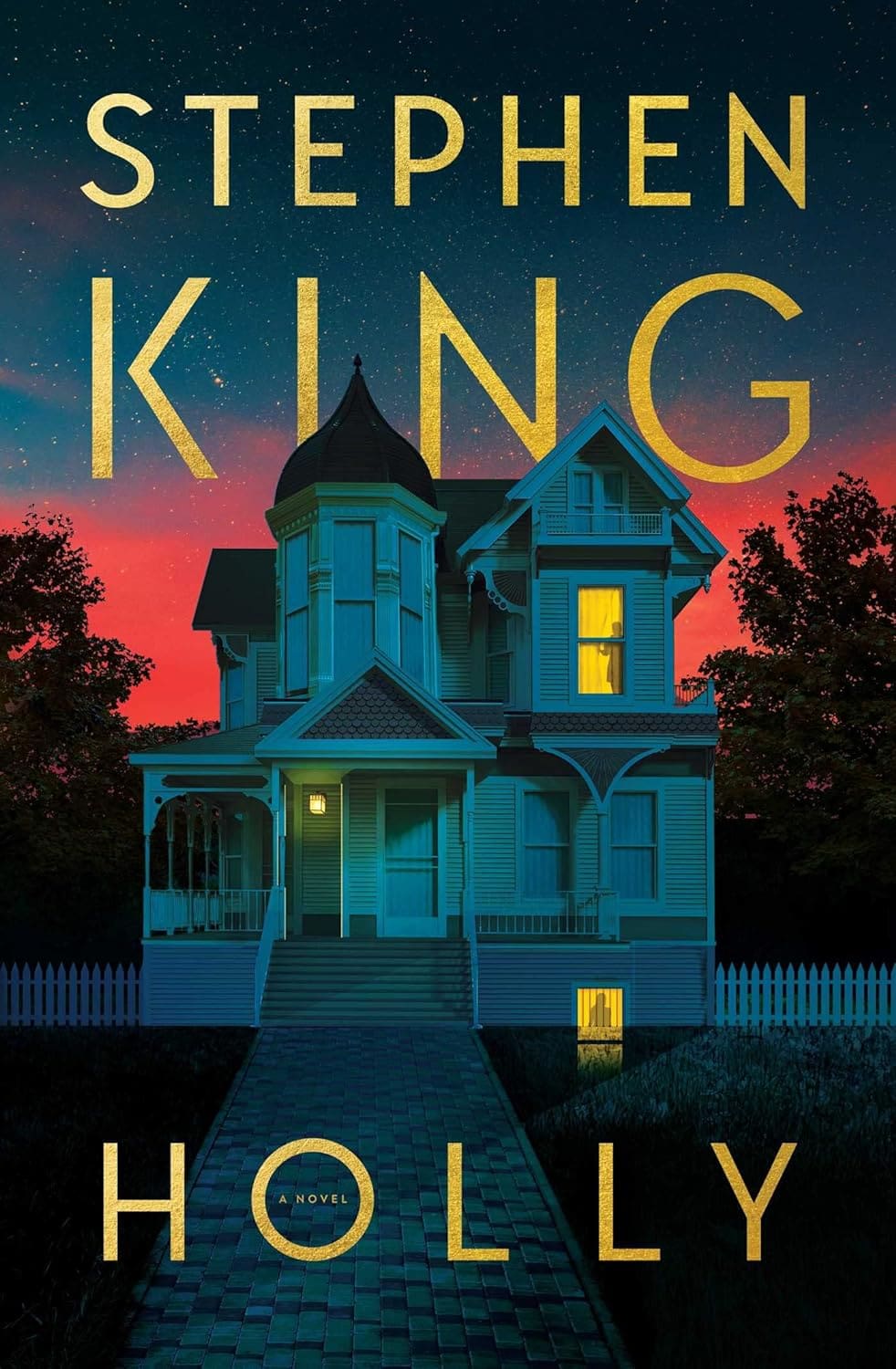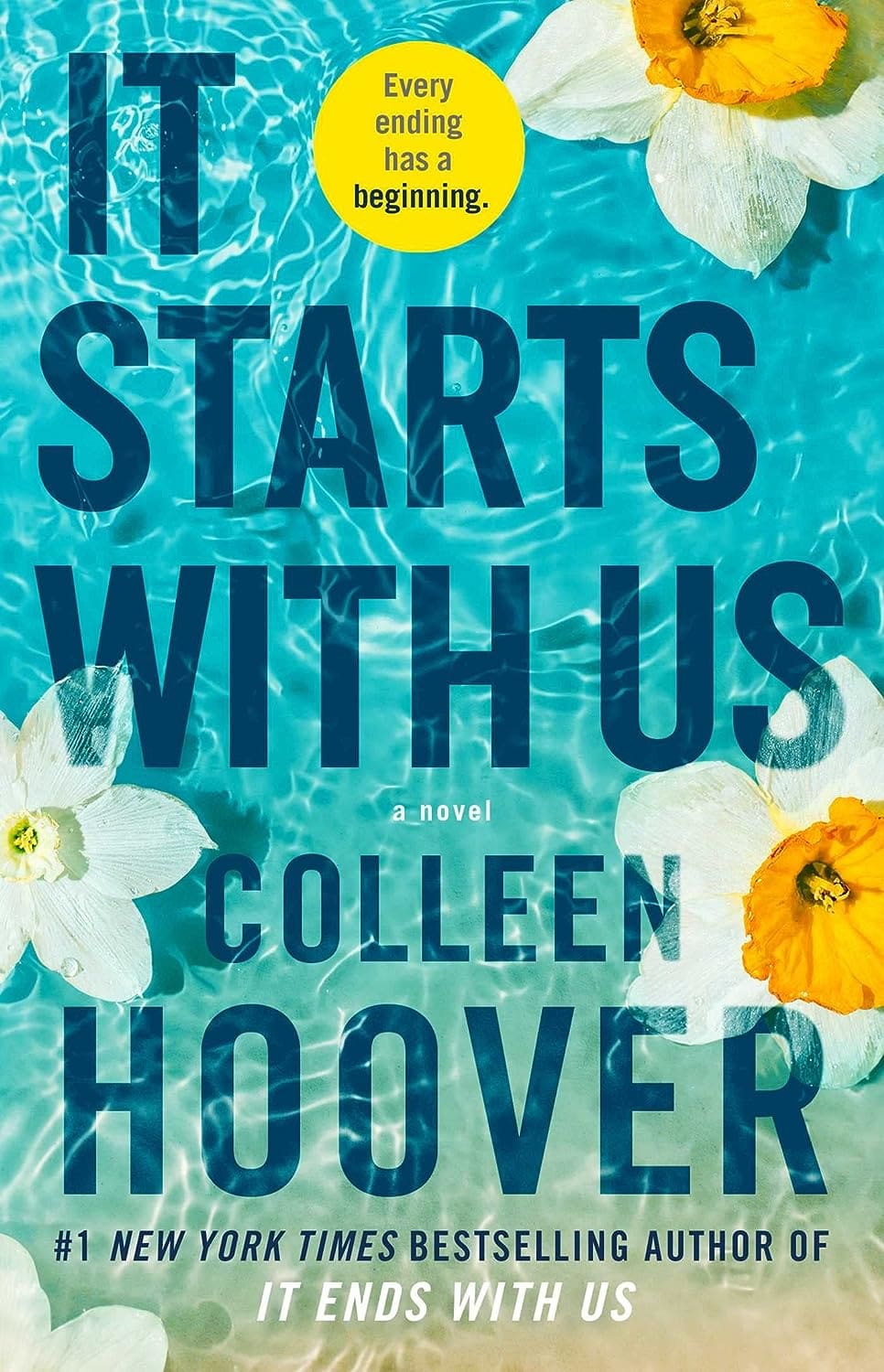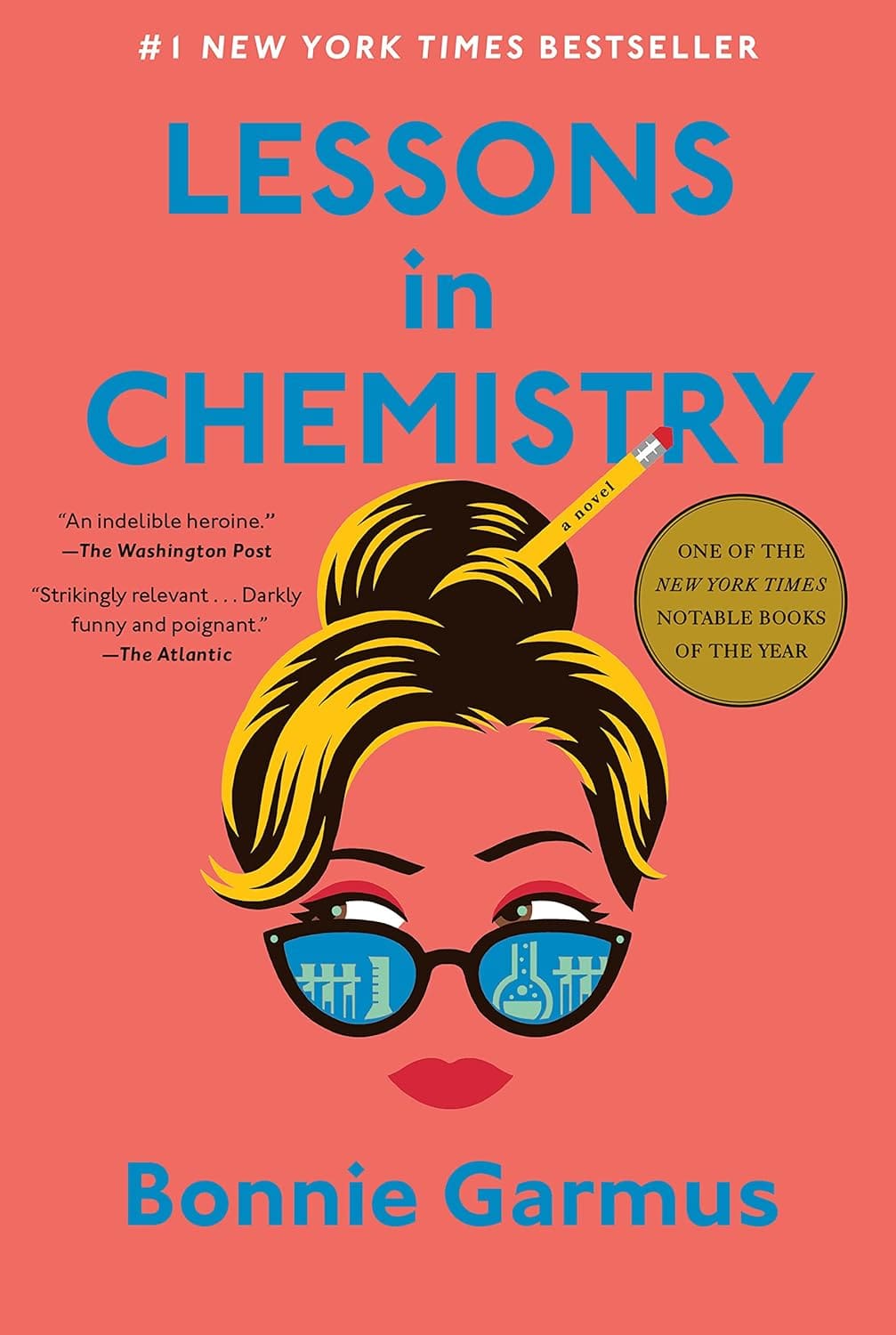Literature & Fiction
Delving into the World of Written Art
The realm of the written word is vast and diverse. In this expanse, where narratives come alive and human emotions find voice, terms like “literature,” “fiction,” and “novel” often intertwine. Although they sometimes blend in casual conversations, each term possesses its distinct shade of meaning. This post aims to demystify these concepts for avid readers and curious minds alike.
1. Literature and Fiction: How do they differ?
Literature broadly encapsulates written works celebrated for their artistic value. It’s an umbrella that shelters various genres, from evocative poetry to insightful essays.
Fiction, a subset of this world, refers to stories birthed from imagination. These tales might play out in our familiar reality or entirely crafted universes. Although fiction belongs to the literary domain, not all written art falls under fiction.
2. Defining Literary Fiction
When “literary fiction” is mentioned, it’s often an ode to works that aren’t just about captivating plots but also deep thematic resonances. They touch on societal critiques, human psyche, or life’s myriad challenges. Works such as “The Great Gatsby” or “Pride and Prejudice” exemplify this, delving deeper than mere storytelling.
3. Understanding Literature, Fiction, and Novels
Adding novels to the mix, we’re looking at long, narrative fiction pieces. They weave complex plots, develop characters, and often offer layered themes. Remember, while every novel is a fictional entity within the broader domain of literature, fiction has many forms, including short stories and novellas.
4. Is Literature Synonymous with Fiction?
No. Fiction, though a vital component, is just one facet of the literary spectrum. Literature also includes:
- Poetry: A realm where words flow rhythmically.
- Plays: Dramatic works by legends like Arthur Miller and William Shakespeare.
- Non-Fiction: Accounts rooted in reality, like biographies or journalistic pieces, can achieve literary acclaim.
- Philosophical Texts: Works that have molded civilizations, from “The Tao Te Ching” to Plato’s “Republic,” have undeniable literary value.
In sum, literature celebrates human thought, irrespective of its foundation in reality or imagination.
Conclusion
Understanding these nuances enriches our reading experience. As enthusiasts of the written word, acknowledging these distinctions enables a deeper appreciation of every page we turn.
Showing 1–12 of 31 results
